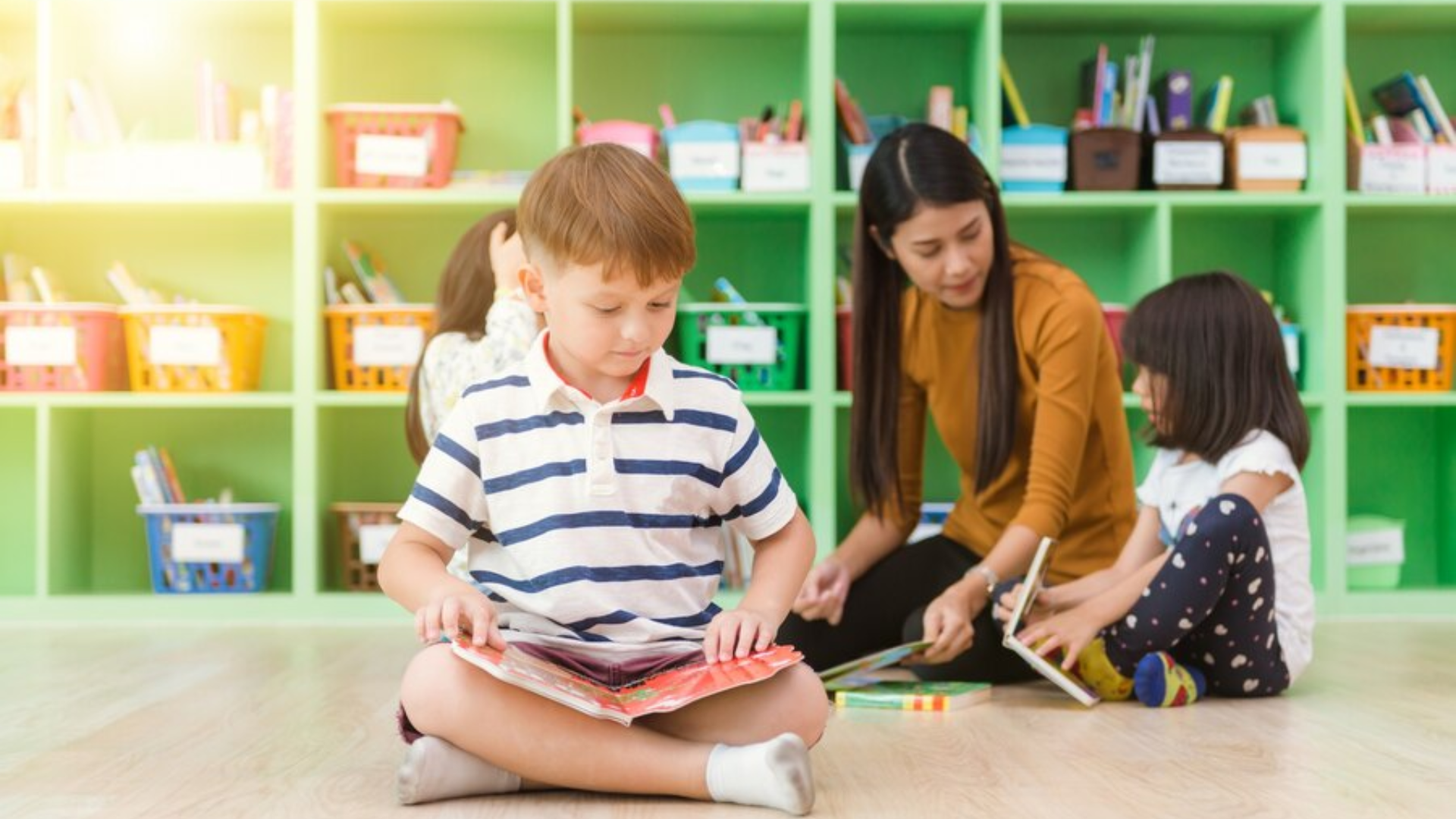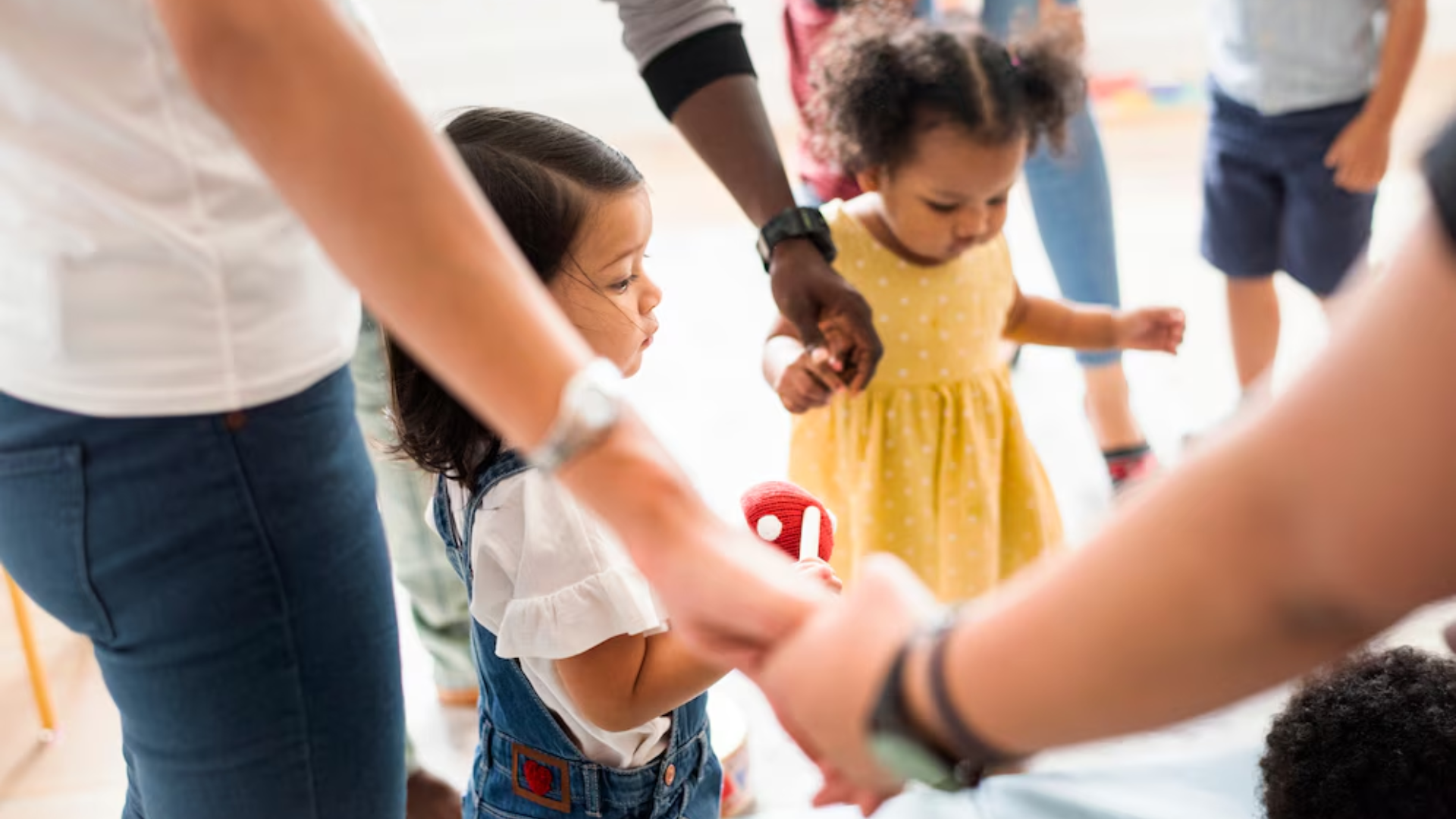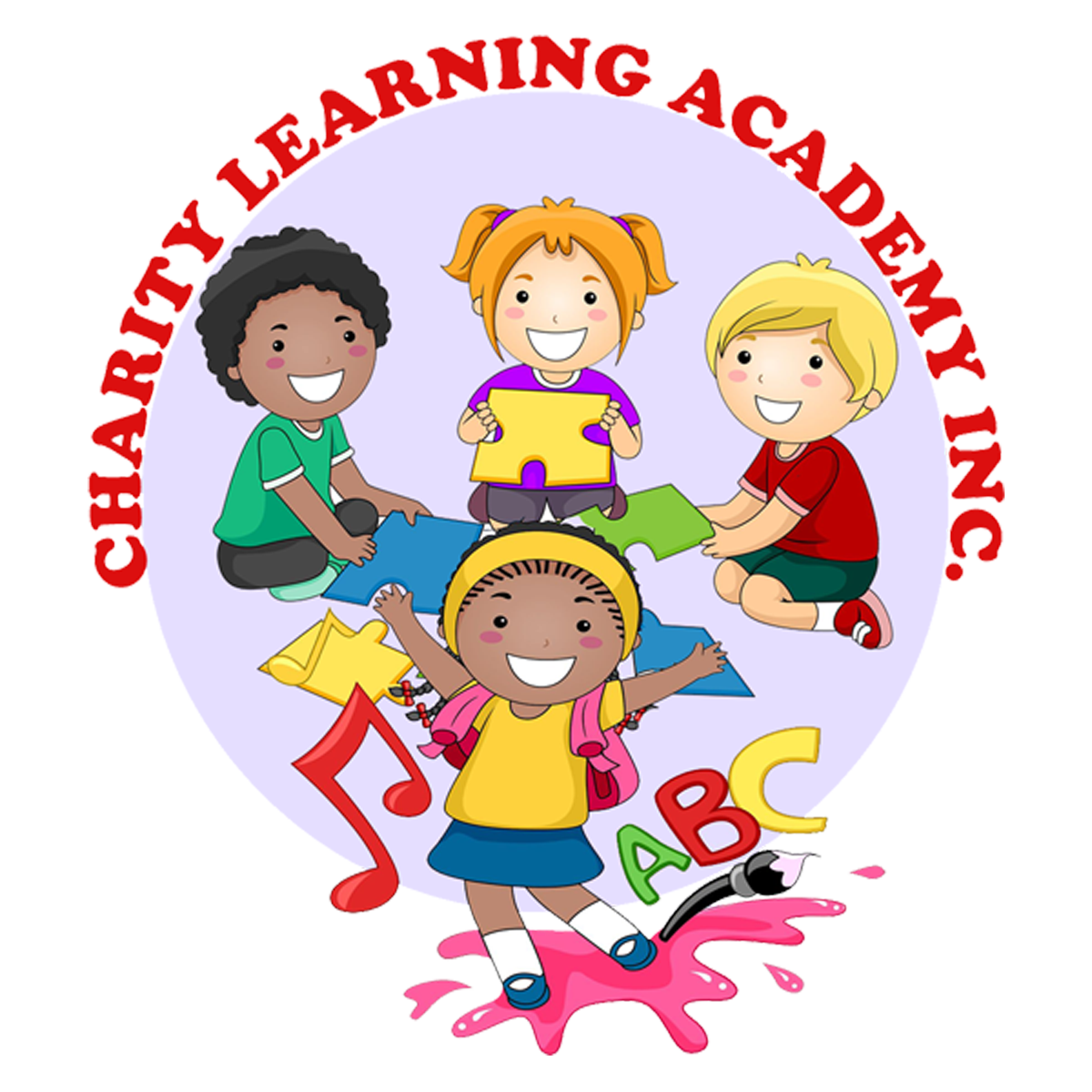What Makes Our Preschool Curriculum Stand Out

Choosing a preschool is a decision that shapes a child’s development far beyond the early years. It is not just about preparing children for kindergarten, it is about laying a foundation for lifelong learning, emotional growth, and overall development. At Charity Learning Academy, we have built a preschool curriculum that is academically sound, emotionally nurturing, socially enriching, and developmentally responsive. We believe early childhood education should be joyful, purposeful, and centered around the unique needs of every child.
So, what truly makes our preschool curriculum stand out? Let us explore the key elements that make our program a trusted choice for families who value high-quality early learning.
A Comprehensive Whole Child Approach
At Charity Learning Academy, we do not just focus on letters and numbers, we focus on children as whole individuals. Our curriculum supports every area of a child’s development including intellectual growth, emotional regulation, social connection, creative expression, and physical health. This well-rounded approach ensures that children are not only academically prepared, but also emotionally confident, socially aware, and developmentally balanced.
By integrating all aspects of growth into our lessons and routines, we help children build resilience, curiosity, empathy, and independence. We want to raise learners who are not only ready for school, but also ready for life.
Purposeful Play Based Learning
Children learn best through play, and at our academy, play is central to everything we do. However, it is not unstructured or without intent. Our play-based learning is carefully designed to support early literacy, numeracy, science exploration, fine motor skills, and critical thinking. Each learning center in the classroom is thoughtfully arranged to promote discovery and spark curiosity.
When children are building with blocks, they are learning about spatial awareness, problem solving, and collaboration. When they are role playing in dramatic play centers, they are developing communication skills, empathy, and imagination. Art activities encourage creativity and fine motor control, while music and movement activities build coordination and rhythm.
Educators observe children closely during play and use those moments to expand vocabulary, introduce new concepts, and guide their thinking without interrupting the natural flow of exploration.
Language and Literacy Development
The preschool years are critical for language development. We create environments filled with books, labels, writing materials, and engaging conversations. Our literacy rich curriculum includes reading aloud, singing songs, reciting rhymes, and encouraging storytelling.
Children learn how letters relate to sounds, how words form sentences, and how to express their own ideas clearly and confidently. They develop phonemic awareness, vocabulary, and comprehension through joyful interactions with stories and language. By the time they leave our preschool program, many children are writing their names, identifying letters, and showing a strong interest in reading.
Communication skills are also fostered through group discussions, show and tell, and role-playing games that encourage children to listen, respond, and speak with confidence.
Introducing Early Math and Science Skills
We introduce children to early math concepts in ways that feel natural and fun. Whether they are counting blocks, sorting colored beads, or measuring ingredients in a cooking activity, they are learning about numbers, patterns, comparisons, and basic problem solving.
Science is explored through hands-on activities that encourage children to observe, question, predict, and discover. They might examine leaves through magnifying glasses, experiment with water flow, or watch a caterpillar become a butterfly. These experiences plant the seeds of scientific thinking and nurture an appreciation for the natural world.
Our goal is to help children understand that math and science are not just subjects, but tools for understanding how things work and making sense of their surroundings.
Building Social and Emotional Skills
Being part of a classroom community teaches children essential life skills. Our curriculum places a strong emphasis on helping children develop empathy, manage their emotions, and navigate social interactions. These skills are as important as academic learning and are deeply connected to long-term success.
We use strategies like emotional check-ins, mindfulness moments, and conflict resolution discussions to help children name their feelings and respond to them appropriately. Teachers model kindness, patience, and respectful communication, guiding children through real-life scenarios with compassion.
Group activities and collaborative play help children practice sharing, taking turns, listening to others, and working as part of a team. Through these daily experiences, they learn how to build friendships, express themselves clearly, and resolve conflicts peacefully.
Individualized Learning Experiences
Every child is different, and our approach honors that. Teachers regularly assess each child’s development and adapt lessons to meet their unique strengths and challenges. Some children may need extra support to develop a skill, while others may be ready to move ahead with more advanced learning.
We offer one-on-one instruction, small group activities, and varied learning materials to ensure each child’s needs are met. Our flexible approach helps children stay engaged and motivated while building confidence in their abilities.
By recognizing and respecting individual learning styles, we create a supportive environment where every child can succeed and feel valued.
Strong Relationships with Caring Teachers
Relationships are at the heart of all learning. Our teachers are more than educators, they are mentors, role models, and trusted caregivers. They take the time to understand each child’s personality, interests, and learning style. These strong bonds make children feel safe and supported, which allows them to take risks, explore new ideas, and build trust in themselves.
We know that children thrive when they are in environments filled with love, encouragement, and consistent guidance. Our teachers create those environments every day by fostering a culture of warmth, respect, and high expectations.
A Creative and Expressive Environment
Creativity is essential in childhood development. Our curriculum includes ample opportunities for children to explore the arts, from painting and sculpting to music and storytelling. These creative outlets support emotional expression, motor skills, and divergent thinking.
We also give children the freedom to use their imagination during unstructured play and to explore their ideas in a variety of ways. By encouraging children to be imaginative and expressive, we help them build self-esteem, flexibility in thinking, and a lifelong love of learning.
Family Involvement and Communication
We view parents and guardians as partners in education. That is why we maintain regular and open communication through newsletters, parent-teacher conferences, digital updates, and family events. We welcome families into our classrooms and provide opportunities for them to participate in their child’s learning experience.
By working together, we can better support each child’s needs and create a strong foundation that connects school and home. We also provide resources and suggestions for parents to continue learning activities outside the classroom.
A Safe and Enriching Learning Environment
Our classrooms are designed with intention. We create learning spaces that are safe, organized, and inspiring. From soft reading corners to engaging sensory tables, each area invites children to explore at their own pace. Materials are accessible to encourage independence, and classrooms are filled with natural light, calming colors, and thoughtful decor.
Safety is a top priority. Our staff is trained in emergency procedures, first aid, and child protection. The entire environment is maintained with care to ensure cleanliness, organization, and security. When children feel physically and emotionally safe, they are free to focus on learning, growing, and connecting with others.
When exploring the benefits of quality infant care for your baby's development, it's clear how early nurturing sets the stage for growth, which continues to flourish through programs like our toddler curriculum—discover 5 ways our toddler programs promote early learning.
Conclusion
What makes our preschool curriculum stand out is the care, intention, and joy behind everything we do. We do not see children as students in training, we see them as capable learners with unique gifts and limitless potential. Our job is to guide, support, and inspire them through these precious early years.
At Charity Learning Academy, our preschool program offers more than just early academics. It provides a nurturing space where children feel loved, challenged, and celebrated. By combining play-based learning, individualized instruction, strong relationships, and family engagement, we help children grow into confident, curious, and compassionate individuals.










